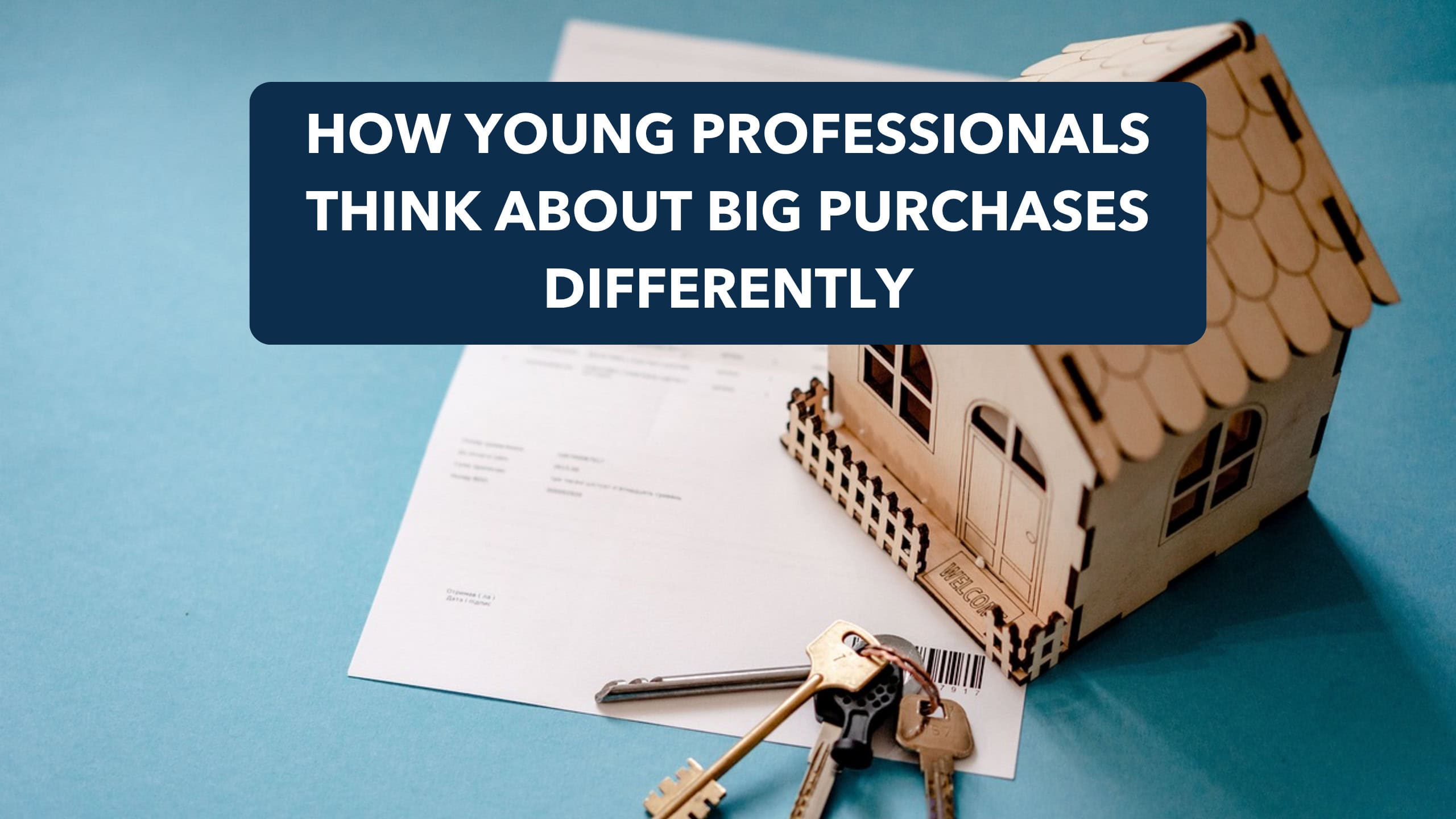How Young Professionals Think About Big Purchases Differently

Are you thinking about buying a new car or saving for your first home, but can’t quite decide if now is the “right time”? For many young professionals, especially those in their late 20s and early 30s, these decisions are major life milestones. You’re earning more, you’re building a career, and on paper, it seems like these purchases should fit comfortably into your next stage of adulthood. But when you dig deeper, the decision feels more complex than just “Can I afford it?” This is where timing, psychology, and financial awareness intersect.
The Psychology of “Earning Enough”
Most people assume big purchases are about price tags. In reality, they’re often about perception, and finding the point where you feel you’ve earned the upgrade. After years of renting apartments or driving the same reliable car, it’s natural to want something that reflects your progress. But the question to ask isn’t just, “Can I buy it?” It’s, “What does this purchase mean to me right now?”
For example, buying a home might feel like a marker of stability, while upgrading your car could symbolize personal reward. Yet, the emotional satisfaction of these purchases can fade faster than expected if they’re made without understanding the long-term implications. The challenge is defining what “enough” really looks like in your financial journey, and making smart decisions that align with your long-term vision.
The Hidden Costs Few Think About
Young professionals often focus on the sticker price, like the down payment, the monthly loan, or the closing costs. But what many don’t realize is that the real expenses start after the purchase. Owning a home or car introduces hidden costs that don’t show up in the initial estimate: property taxes, insurance premiums, maintenance, repairs, and even lifestyle adjustments. For instance, moving to a larger home might mean higher utility bills, furniture expenses, or ground keeping expenditures. A new car could come with higher registration fees or unexpected upkeep costs over time.
These are common blind spots for young professionals making big purchases for the first time. When your income is rising, it’s easy to assume these extras will “fit” naturally into your budget. It’s even easier to only think about making the “correct” choice and overlook these costs entirely. But if each upgrade scales with your paycheck, the sense of financial progress can quickly feel stagnant.
Timing Matters More Than Price
Here’s the surprising part: for many professionals, when you buy matters more than what you buy. Major purchases made during periods of career transition, such as after a promotion, job change, or relocation, can either enhance your flexibility or limit it. For example, imagine buying a home right before switching industries or starting a business. The decision might make sense on paper, but it could restrict your ability to seize new opportunities later. Similarly, committing to a car payment before you fully understand your post-tax income or benefits package can tighten your financial runway.
That’s why timing big purchases around personal and career stability often matters more than chasing the perfect deal or interest rate. The best question to ask isn’t “Is it affordable?” but rather, “Does this purchase align with where my life is heading in the next few years?” Working with a trusted financial professional can be a great value add along your financial journey, creating a sound strategy to work towards your goals and identifying holes in your plan.
For young professionals and HENRYs alike, the path to financial confidence isn’t about denying yourself big milestones. It’s about making them intentional and building a financial plan to work towards them, just like saving towards retirement each paycheck. Awareness, timing, and perspective turn major purchases into milestones that support, rather than strain, your future plans.
You’ve worked hard to reach this stage, and every decision you make now plays a role in shaping the life you want next. Partnering with the right financial team can help you see the bigger picture – turning “Can I afford it?” into “How does this fit into my story?” If you’d like to learn more, reach out to info@shermanwealth.com or schedule a complimentary intro call today.
